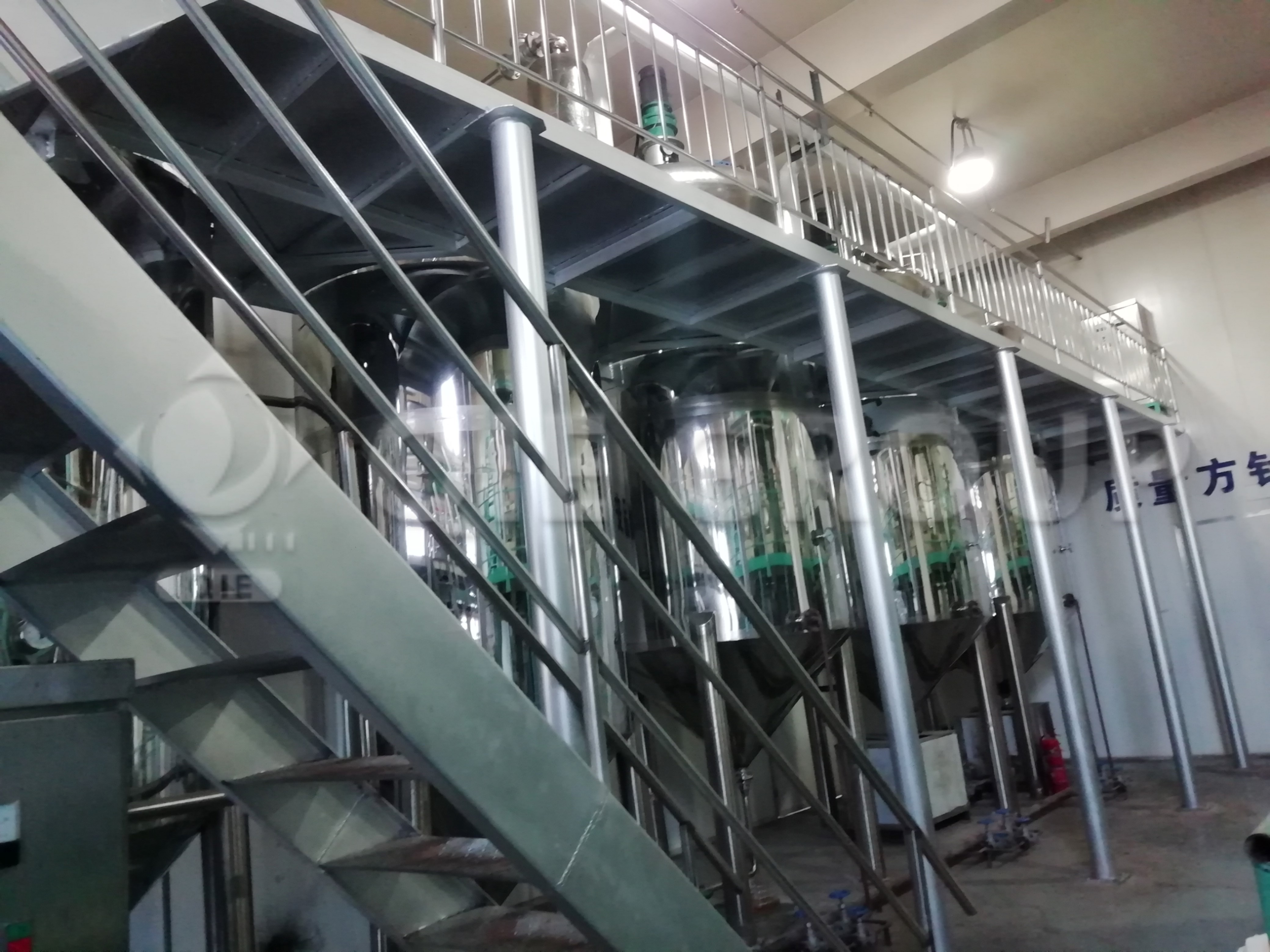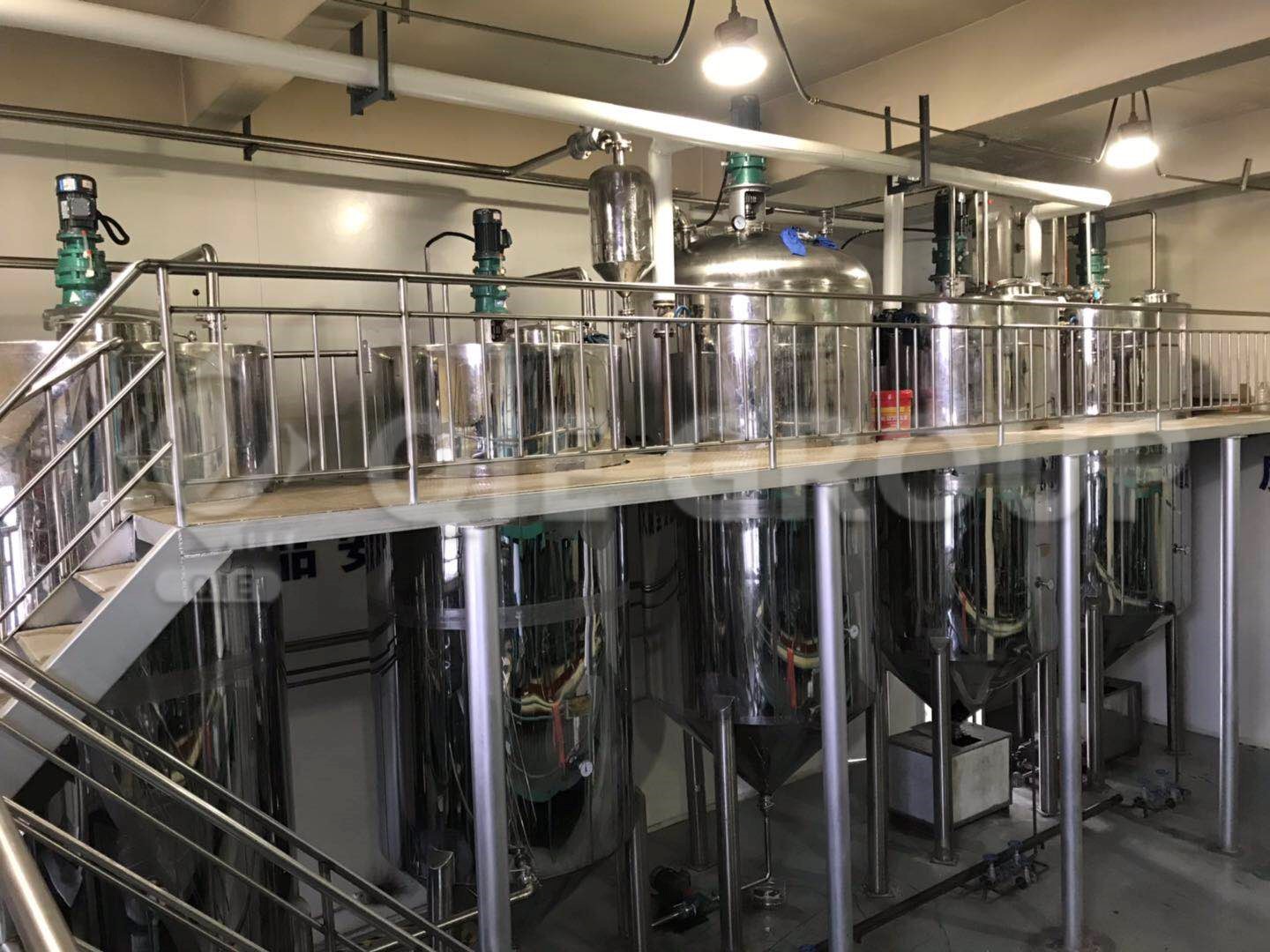The Botswana peanut crushing and refining project is a model of China-Africa agricultural cooperation. Since its operation in 2023, it has formed a complete industrial chain.
Relying on local high-quality peanut resources, the project boasts an annual processing capacity of 500 tons, producing high-purity peanut oil and protein products for export to markets including the EU and South Africa. As Botswana's first modern agricultural product deep processing project, it utilizes internationally leading low-temperature pressing and physical refining technologies, preserving the natural nutritional value of peanuts while complying with IFS international food standards. The factory is equipped with automated production lines and a strict quality control system, ensuring full traceability from raw material selection to finished product packaging, significantly enhancing the global competitiveness of African peanut products. Through technology transfer and localized operations, this project not only fills a gap in Botswana's peanut deep processing industry but also serves as a benchmark for agricultural product value-added in sub-Saharan Africa.

The project adopts the world's leading low-temperature pressing and physical refining technology, and ensures product quality through four processes: first, the peanut raw materials are double-cleaned by screening machines and stoners; second, a low-temperature pressing process (temperature controlled below 60°C) is used to retain active substances such as vitamin E to the greatest extent; third, aflatoxin is removed through molecular distillation technology, so that the toxin content of the finished oil is 50% lower than the EU standard; finally, it is equipped with a vacuum packaging line and a nitrogen preservation system to ensure that the shelf life of the product is extended to 18 months.
Every batch of product undergoes gas chromatography testing, with peroxide value (≤0.5mmol/kg) and acid value (≤0.8mgKOH/g) exceeding international standards. This technological combination not only addresses the perishable nature of peanuts in tropical regions but also enables the product to pass Kosher and Halal certifications, laying the foundation for expansion into the high-end Middle Eastern market.
